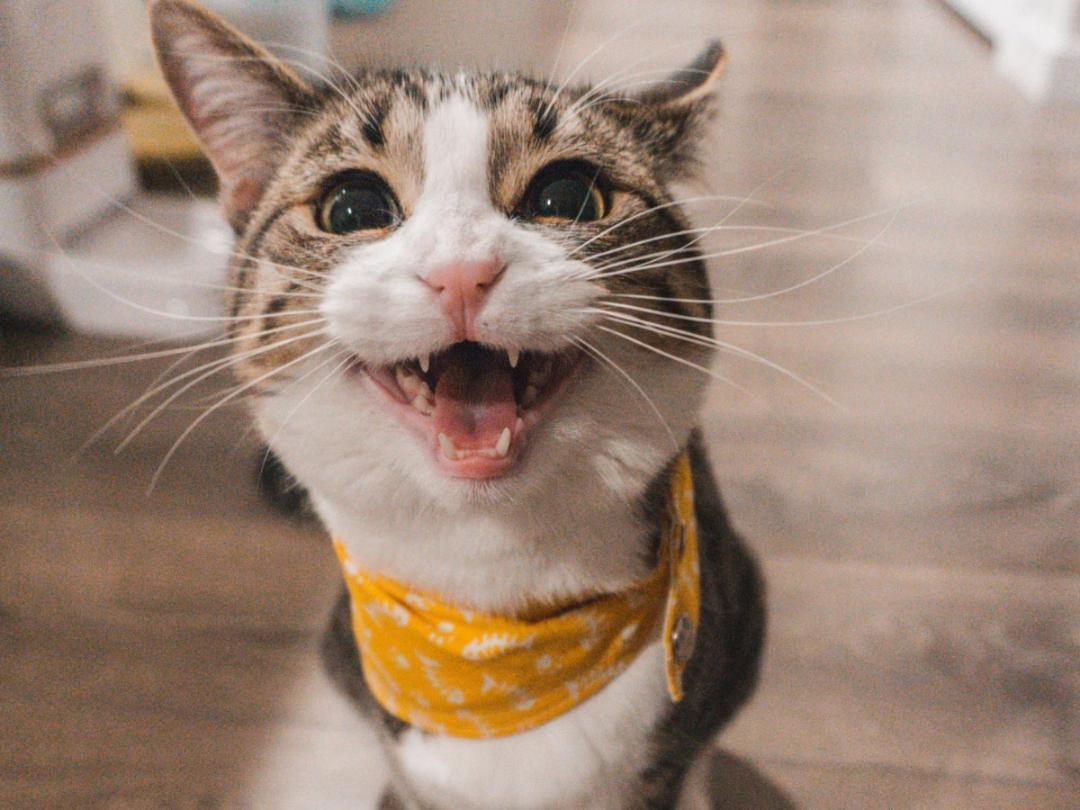
Petting a cat could double your risk of schizophrenia: Research
For many of us, cats are beloved pets that bring joy and companionship to our lives. However, a recent analysis of 17 studies has revealed a startling link between cat ownership and the risk of developing schizophrenia-related conditions. According to the research, owning a cat may potentially double the risk of developing these conditions, and the culprit behind this increased risk is a parasite commonly carried by cats.
The parasite in question is called Toxoplasma gondii, which is a protozoan parasite that can infect most warm-blooded animals, including humans. It is often carried by cats, who can become infected through contaminated soil, water, or prey. While the parasite is usually harmless to cats, it can have serious consequences for humans who become infected.
When Toxoplasma gondii infects a human, it infiltrates the central nervous system and has been found to influence neurotransmitters, causing a range of symptoms including personality changes, psychotic symptoms, and neurological disorders like schizophrenia. The research suggests that people who own cats are more likely to be infected with the parasite, which in turn increases their risk of developing schizophrenia-related conditions.
The analysis of 17 studies, which included data from over 50,000 participants, found a significant link between cat ownership and the risk of developing schizophrenia. The research showed that people who owned cats were approximately twice as likely to develop schizophrenia-related conditions as those who did not own cats.
While the exact mechanism by which Toxoplasma gondii influences the development of schizophrenia is not yet fully understood, research suggests that the parasite may alter the levels of certain neurotransmitters, such as dopamine and serotonin, which are known to play a role in the development of psychiatric disorders.
The findings of this research have significant implications for public health, particularly for people who are already at risk of developing schizophrenia. While the research does not suggest that owning a cat will definitely lead to the development of schizophrenia, it does highlight the importance of taking precautions to avoid infection with Toxoplasma gondii.
So, what can you do to reduce your risk of infection with Toxoplasma gondii if you own a cat? Here are a few tips:
- Wash your hands thoroughly after handling cat litter or coming into contact with your cat’s feces
- Keep your cat indoors to reduce the risk of it becoming infected with the parasite
- Avoid eating undercooked meat, particularly pork and lamb, which can be contaminated with the parasite
- Avoid drinking untreated water, which can also be contaminated with the parasite
It’s also important to note that the risk of infection with Toxoplasma gondii can be reduced by taking simple precautions, such as wearing gloves when handling cat litter and washing your hands thoroughly afterwards.
In conclusion, while the findings of this research may come as a surprise to many cat owners, they highlight the importance of taking precautions to avoid infection with Toxoplasma gondii. By understanding the link between cat ownership and the risk of developing schizophrenia-related conditions, we can take steps to reduce our risk of infection and protect our mental health.
The research also underscores the complex and multifaceted nature of schizophrenia, which is influenced by a range of genetic, environmental, and infectious factors. Further research is needed to fully understand the relationship between Toxoplasma gondii and schizophrenia, but the findings of this analysis provide an important insight into the potential risks and consequences of cat ownership.
As we continue to learn more about the link between cat ownership and the risk of developing schizophrenia-related conditions, it’s essential to remember that the benefits of cat ownership, including companionship and stress relief, can still be enjoyed while taking precautions to avoid infection with Toxoplasma gondii.
In the meantime, cat owners can rest assured that the risk of infection with Toxoplasma gondii can be reduced by taking simple precautions, and that the joys of cat ownership can still be enjoyed while minimizing the risks to mental health.
News Source: https://academic.oup.com/schizophreniabulletin/article/50/3/489/7458104






